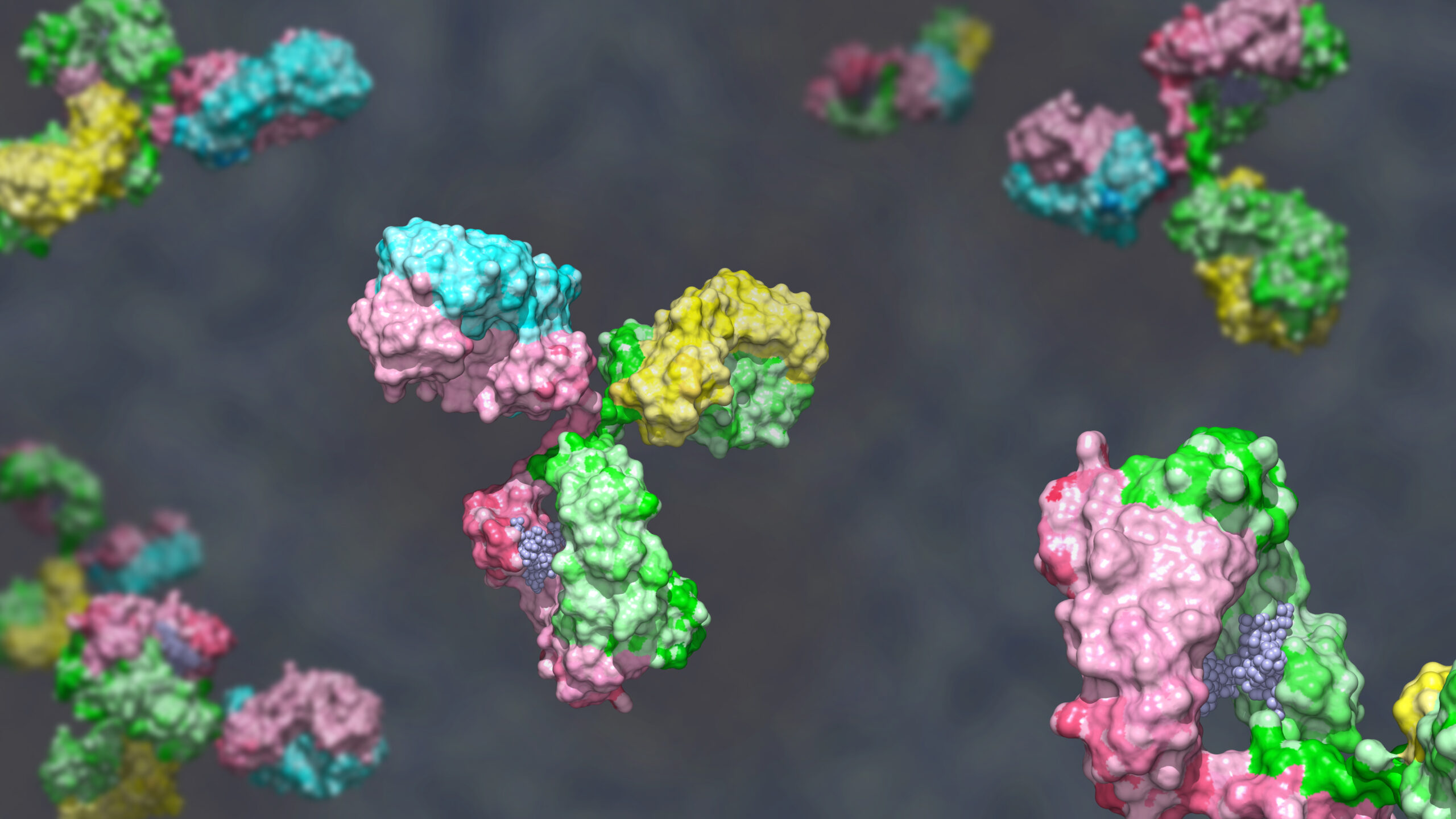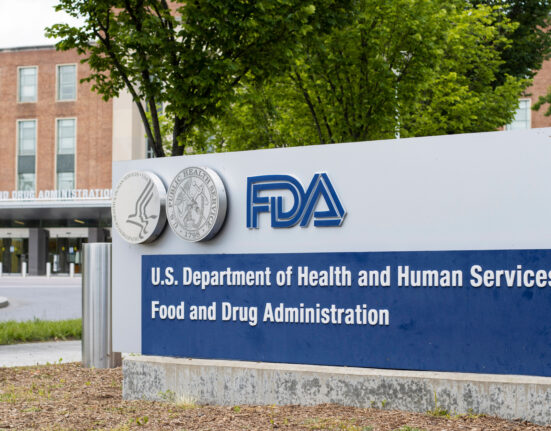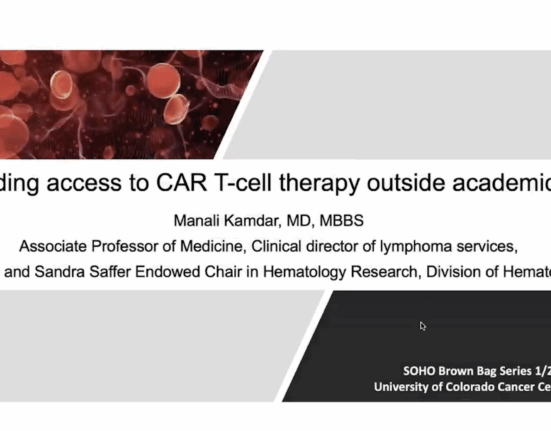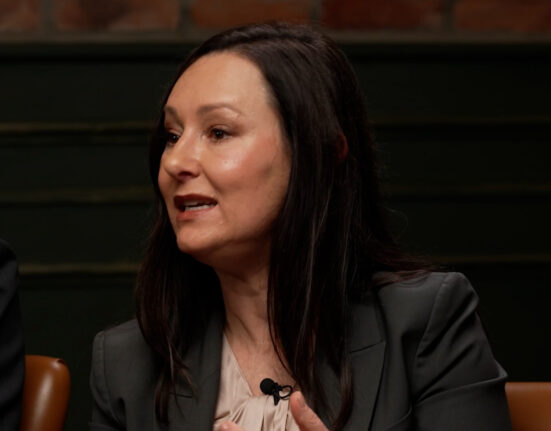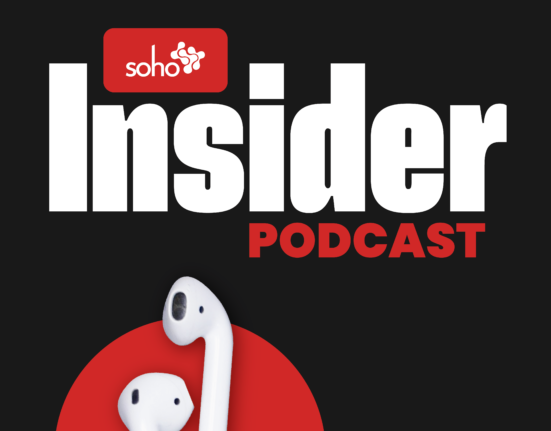By: Kerri Fitzgerald
Cord blood-derived natural killer (NK) cells precomplexed with AFM13, a CD30/CD16A bispecific antibody, resulted in two-year event-free and overall survival rates of 26.2% and 76.2%, respectively, in patients with lymphoma. Yago Nieto, MD, PhD, of the University of Texas MD Anderson Cancer Center, and colleagues published the phase 1 study’s findings in Nature Medicine.
The researchers sought to identify a new treatment option for patients with lymphoma who are refractory to both brentuximab vedotin and anti-PD1 checkpoint inhibitors.
A total of 42 heavily pretreated patients (37 with CD30-positive Hodgkin lymphoma and 5 with T-cell lymphoma) received:
- Two to four cycles of lymphodepletion
- AFM13-NK cell infusion at three dose levels: 1×106, 1×107, and 1×108/kg−1
- Three weekly AFM13 infusions
The researchers reported no cases of cytokine release syndrome, neurotoxicity, or graft-versus-host disease. The highest NK dose was the recommended phase 2 dose.
The overall response rate (ORR) was 92.9% and the complete response (CR) rate was 66.7%. ORR and CR were 97.3% and 73.0%, respectively, in patients with Hodgkin lymphoma.
Donor NK cells peaked in the blood 1-day post-infusion, persisted up to 3 weeks, and trafficked to tumor sites.
Eleven patients (six with and five without consolidation) remained in CR at 14 to 40 months.
“This approach, involving cytokine-induced memory cord blood-derived NK cells precomplexed with AFM13 not only holds promise for the treatment of Hodgkin lymphoma but also supports future research into the clinical applications of NK cells with bispecific engagers,” Dr. Nieto said in a press release.
Reference
Nieto Y, Banerjee P, Kaur I, et al. Allogeneic NK cells with a bispecific innate cell engager in refractory relapsed lymphoma: a phase 1 trial. Nat Med. 2025. doi:10.1038/s41591-025-03640-8

